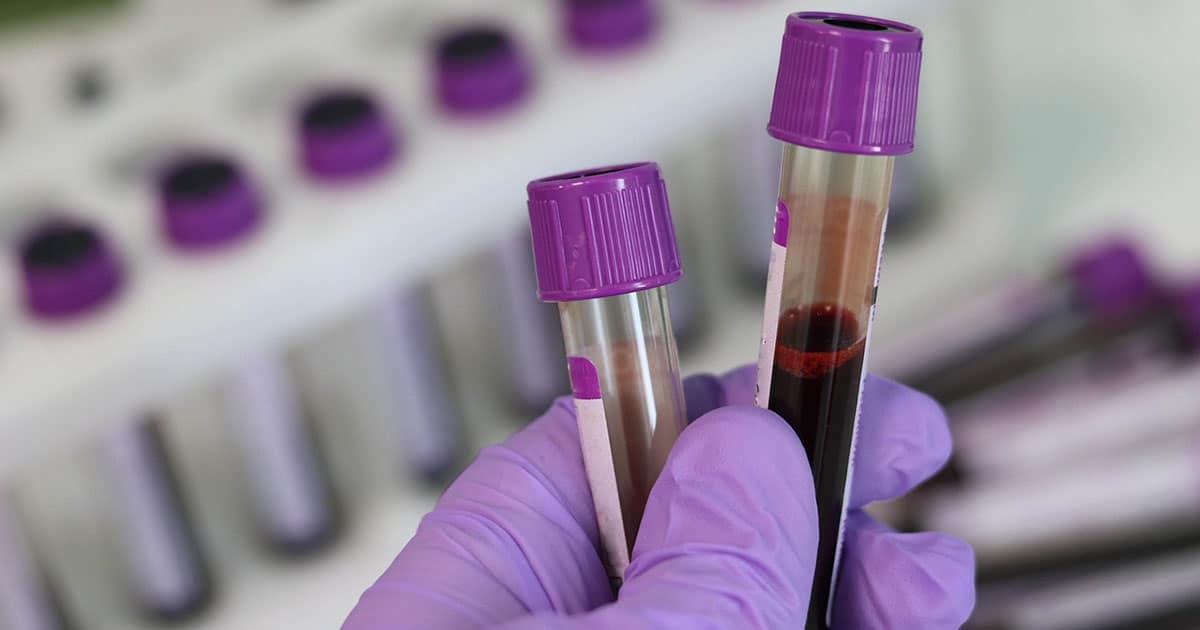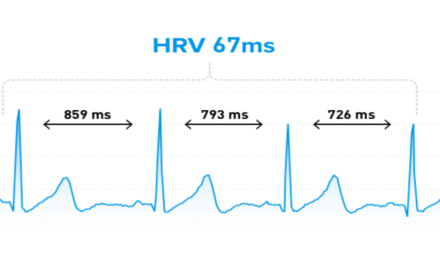Most recently, I have had a few issues with high creatine kinase levels (CK levels), which is a typical indicator of someone with muscular dystrophy. I have always had high CK levels, but it has fluctuated all the time, occasionally being extremely close to those seen in an average person without this condition. Since my doctors and I always pay attention to this with blood tests, I thought it would be a good idea to explain what CK is and what it indicates. With this, I will list some general strategies to reduce inflammation and speak about the most recent changes to my lifestyle.
What is CK?
To support my discussion of CK, I will use Cleveland Clinic’s article “Creatine Kinase (CK).” They explain that CK is an enzyme that primarily exists in the heart and skeletal muscle, and a bit of it is found in your brain. As I have heard from my doctors, some of it is produced by the kidney and love, but approximately 95% is found in skeletal muscles. When these tissues are damaged, they leak CK into the bloodstream. Since the average person is constantly breaking down tissue through exercise, walking, stress, and much more, it is healthy to have a small amount of CK in the bloodstream (22 to 198 units per litre (U/L)).
However, people with the muscular disease and muscular inflammation issues can have much higher than these average levels. Since muscle cells need to break down to become stronger, this is a normal process. However, more CK leaks into the bloodstream when muscles cannot recover as well as they should. Due to the tissue damage leading to higher CK levels, it is an indicator of muscle damage and inflammation, making it critical to observe, especially for those with a muscular disease.
What have my CK levels been, and what have I recently changed?
My CK levels have ranged between 14,000 and 900, with a general trend of improvements over time. Lower CK levels show me that I am not damaging my muscles as much, my inflammation is reducing, and I am giving myself enough time to recover after exercise. Most recently, within two days, it changed from 14,000 to 5,000. It was quite a big scare, but luckily, the CK levels significantly reduced within two days. This gives you an idea of how much CK can change quickly, but this is most likely because I invested a ton of time into recovery following this realisation. Leading up to the blood test with the higher dose, I was working out consistently, recovering well, and I felt great. Whether the first blood test was an accident or not. It does not matter. I decided to make sure I gave myself ample time to recover, so I changed my routine.
I have begun giving myself rest days every time I exercise, even if I feel no soreness and feel great. I also made sure to begin taking magnesium baths every week (I began only having baths whenever I felt necessary, but I have changed this). During the weekend, I needed more time to relax because I have been busy with an internship, university, and everything else life offers. I have made sure that I am giving myself more hours to dwindle down and give myself time to rejuvenate following a busy week. I also added twenty minutes of breathing and meditation practices to help facilitate relaxation. On top of all these things, I prioritise my health and give myself time to relax every day during the week, in the morning and before I go to sleep.
What are some general tips I have found in managing inflammation and CK levels?
As per the discussion before, finding things that work for you and help you manage inflammation is critical. What I have found has taken years of experimentation, me relying on data from blood tests, how my body feels, and all the fitness trackers I use. I always take all the information I can get from anything and make minor adjustments to give myself to best recovery routine possible. I prompt you to EXPERIMENT and find the things that work best for you.
For some general tips, I have many blog articles about the importance of most things I do. I always make sure to eat healthily, take the necessary supplements and medication, keep myself hydrated throughout the day, and make sure I am getting all the sleep I need. I make sure to do things that I enjoy, whether reading books, hanging out with friends and family, going to the beach, going to the gym, swimming, boxing, and taking online courses to learn as much as possible. Doing things that you enjoy and that motivates you to get out of bed in the morning feels incredibly empowering. I stretch, use a roller and a lacrosse ball, and get a massage to release tightness in my body. I make sure to give myself time to relax by meditating, taking baths, journaling, doodling on paper (even though I am terrible at drawing), sitting outside and breathing in the fresh air, going on walks with my puppies, doing Wim Hof breathing, and watching TV. I use technologies like Theragun, vibration plate, Bemer (a PEMF mat), and infrared saunas.
As one final thing, do something that you find meaningful and purposeful. I remain healthy and do everything in my power to be healthy for my health, for my loved ones, and because I want to help others. Even if my being healthy can significantly change the lives of those I care about and maybe put a few smiles on strangers’ faces, all my efforts would be worth it. I am training to be a nutrition coach, working with a fantastic company called F4S that changes the world every day, studying at university, taking online courses, and reading, it is all about the bring about my mission in life to make a positive impact and to improve the health and lives of any person that I can touch in the world. Even if I experience setbacks, I constantly get up and try to improve myself to bring about what I want. Nothing is more satisfying for me than to follow my dreams and feel like every action or failure has a reason and carries lessons.
Ultimately, all things in life are interconnected, so it is essential to have balance and figure out a way for everything in your life to interact positively. Doing your part in saving the environment enables you to feel like you are a part of something bigger than yourself, but the environment also significantly impacts your health. Same with work, if you are not satisfied and fulfilled with your work, you are much more likely to feel terrible than empowered and excited to go to work.
Final thoughts about CK
Hopefully, you were able to gain some value from my discussion of CK levels. I would greatly encourage you to utilise data from all sorts of sources and figure out a plan that helps you recover the best and avoid agitating CK levels, inflammation, and muscle damage.





